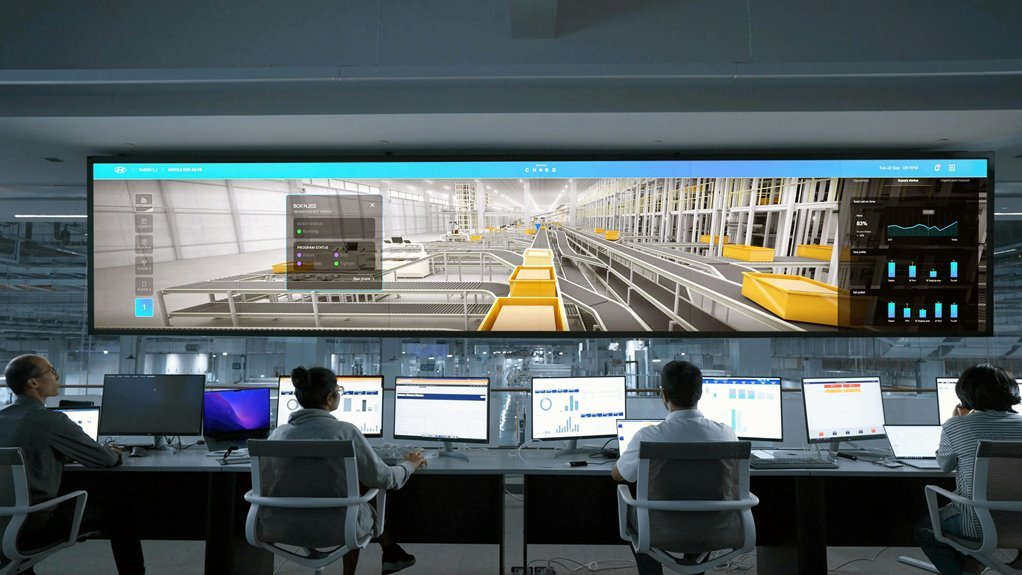Network Infrastructure Analysis Division 61894216215 8432121503 3462147057 4122327492 7063813435 8334140649
In the realm of network performance and reliability, the Network Infrastructure Analysis Division plays a crucial role. By leveraging advanced data visualization and metric analysis, you can pinpoint bottlenecks and inefficiencies within the system. As digital transformation unfolds, the integration of automation and AI is set to reshape this landscape. What implications might these advancements have on cybersecurity and overall network integrity? The answers could redefine operational strategies.
The Role of the Network Infrastructure Analysis Division
The Network Infrastructure Analysis Division plays a crucial role in optimizing the performance and reliability of network systems.
You utilize data visualization techniques to interpret complex performance metrics, allowing for informed decision-making.
By analyzing these metrics, you identify bottlenecks and inefficiencies, ensuring that your network operates at peak efficiency.
This proactive approach empowers you to maintain a robust, responsive infrastructure that meets users’ demands.
Key Objectives and Methodologies
Optimizing network performance involves clearly defined objectives and effective methodologies.
You should focus on systematic data collection to identify bottlenecks and inefficiencies.
Establishing performance metrics allows you to evaluate network health, ensuring you meet desired standards.
Impact on Network Performance and Security
While network performance enhancements can significantly boost productivity, they often introduce vulnerabilities that compromise security.
You may experience latency issues that arise from the complex configurations needed to optimize speed. Consequently, these enhancements can also create security vulnerabilities, making it easier for malicious actors to exploit your network.
Balancing performance and security is crucial for maintaining a robust and trustworthy network infrastructure.
Future Trends in Network Infrastructure Analysis
As organizations increasingly rely on digital transformation, future trends in network infrastructure analysis will revolve around automation and artificial intelligence (AI) to enhance efficiency and decision-making.
You’ll see cloud computing and edge computing reshape data analytics and IoT integration, while next generation networks adopt greater network automation.
Stay vigilant as cybersecurity trends evolve to counteract emerging threats in this dynamic landscape.
Conclusion
In conclusion, the Network Infrastructure Analysis Division stands at the crossroads of traditional network management and the future of digital transformation. While it currently employs advanced metrics to optimize performance, the impending integration of automation and AI promises to revolutionize operations. However, this evolution also brings forth new cybersecurity challenges that must be addressed. Balancing enhanced efficiency with robust security is crucial; the division’s ability to navigate this juxtaposition will determine its success in maintaining a resilient network infrastructure.






